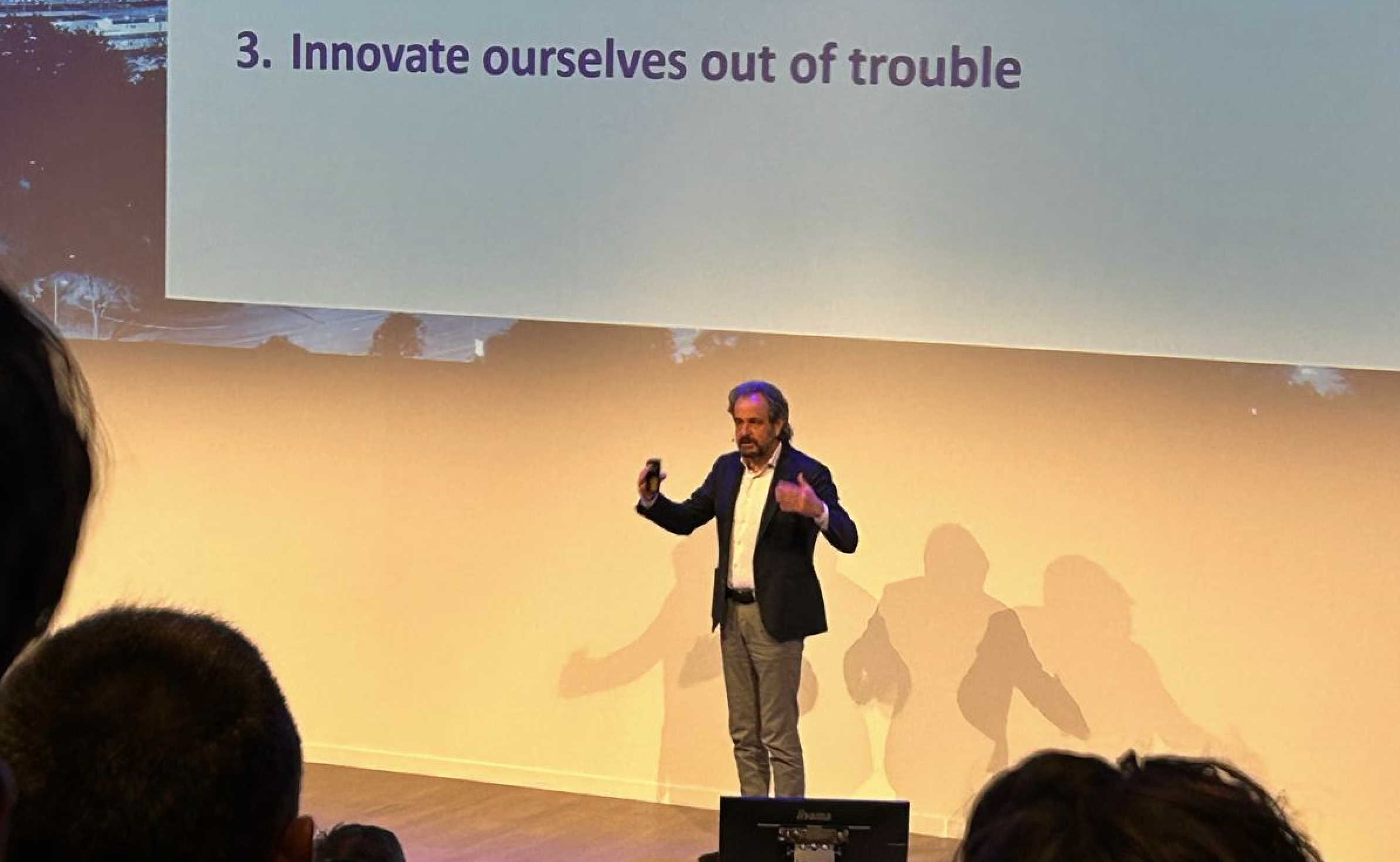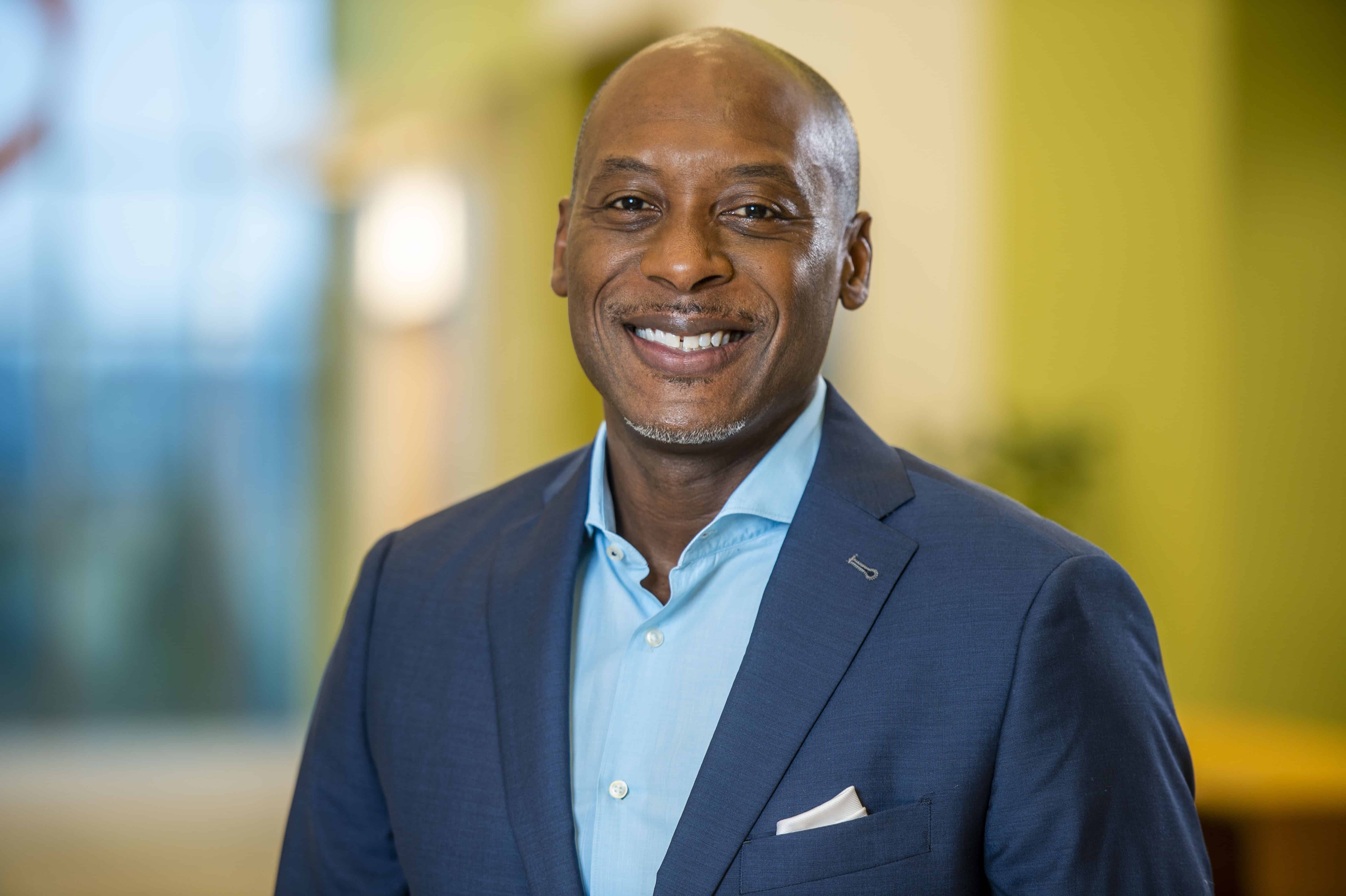
If it is up to Hologram Sciences, in the future we will all get personalized nutrition advice via AI. The American start-up wants people to eat and live healthier and thinks it can achieve this with food supplements and personalized nutritional advice. The company does this by combining health diagnostics with artificial intelligence and by bundling the latest scientific breakthroughs in nutrition in nutrition apps, among other things. The Dutch chemical giant DSM also sees merit in this and is investing 100 million US dollars in the company, as we wrote last week.
A lot of people are already walking around with a smartwatch on their wrist. Your watch knows exactly how much you move and whether you sleep enough. It continuously monitors your heart rate, measures your breathing. And with newer models, you can even check your blood pressure. You also know exactly how many calories you burn in a day. Pretty useful, although you need more than that before you can get personal advice from such an app. What and how much you eat, for starters.
Guido Camps is the scientific director of the recently established Innovation Center of Artificial Intelligence (ICAI) Lab for Precision Health, Nutrition and Behavior, where they are exploring how artificial intelligence and food science can lead to a healthier lifestyle. One of the things Camps is working on is a technology that can track what a person eats in a day. “My smartwatch is very good at tracking how many calories I use up, but it doesn’t know how many or what I am taking in. It doesn’t know what I’m eating. It’s precisely this kind of information that is important if you want to give people personalized nutrition advice.”
Questionnaires are not reliable enough
In order to keep track of what people eat, nutrition scientists tend to use questionnaires. The use of nutrition apps that allow people to keep a digital food diary is also on the rise. But Camps wants to go a step further and is looking for ways that require less effort. “Questionnaires are not that reliable anyway. If I ask you what you ate two days ago, chances are you won’t remember exactly what you ate. These questionnaires are increasingly being replaced by apps, but you still have to make an effort to log your food intake. I want to move towards a passive measurement system, similar to how a smartwatch constantly measures your heart rate.”
One of those systems that Camps is working on consists of a digital tray that weighs products in combination with a camera system that should recognize those products. “This could be used, for instance, in a nursing home or another physical location.” The camera works on the basis of photo recognition. Although it still has trouble with, for example, the difference between a can of regular soda and the light variety. That makes a huge difference in calories,” he explains.
If this works and medical institutions adopt such a system, Camps can see people using it at home as well. “A lot of technology that was originally designed for the medical world flows through to the consumer market at some point. I see that happening with this technology too. Although I do doubt that people will really hang up cameras in their homes. Or a smartwatch with a camera, that’s technically possible. But given the privacy issues, I don’t think people are too keen on buying something like that. Like if you’re eating dinner, then suddenly your girlfriend turns up on your screen.”
Your hand movements indicate when you are eating
That’s why Camps is also working on another measuring system for a smartwatch. One without a camera. It works like this: When you eat, your hand moves differently than when you play tennis. An accelerometer in the smartwatch can detect this difference in motion. Camps: “This sensor measures movements in three axes and now you can detect when someone is eating. You can link this to an app that asks you to fill in what you eat. This is actually only the first step, because ultimately the system should be as passive as feasible and people should have to put as little effort into it as possible as well.”
According to Camps, good personal nutrition advice requires not only knowing what someone eats, but also taking into account the effects of nutrition on the body. “This can be very personal and has to do with all kinds of factors such as physiology. For one thing, some people with diabetes react violently to fruit, causing a spike in their glucose levels. While others are not affected by this. For diabetics, this is important to know. Do I have to inject insulin after eating a banana, for example? Here, the glucose levels in the blood are one of the ways to measure the reaction of food on the body. But this can be done in a lot of other ways too.”
Do we even want advice?
But are people really eager for this kind of advice? And do they manage to stick to it? Machiel Reinders is conducting research into these and other questions at Wageningen University in the Netherlands and thinks it is a good idea to differentiate between various target groups. He is talking about tech savvy people who are involved in nutrition, people with an increased risk of cardiovascular disease who are motivated to change their lifestyle, and those who see no problems in their lifestyle. “Especially for this last group, you have to try to keep the threshold to participate as low as possible. It shouldn’t be too complicated or technological. If you use an app, you have to think about how it is set up so that people actually follow the advice. We know from dieting that people often only stick with it for a short time and then slip back into their old habits,” Reinders goes on to explain.
”The only way to prevent this, he believes, is to make nutrition advice apps more challenging. “Behavioral change is very difficult to achieve. Especially if it concerns a well-established routine. You don’t change that from one day to the next. That’s why you have to think about how to keep this kind of advice fun or challenging. You can do this, for instance, through gamification, a social element or a competition. Not much research has been done on how people perceive the use of nutrition apps. Which is why we researched this. Our research shows that there are different stages in the use of these apps. There are some people who immediately quit because they think the app will not help them, but there are also people who try very hard to keep going. This makes it interesting to keep researching what works and what doesn’t.”







